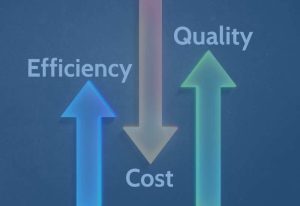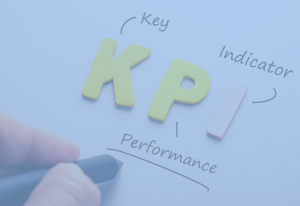
Creating a sales process is essential for any business that wants to drive revenue growth and achieve its sales objectives. A well-defined sales process can help you streamline your sales operations, improve the effectiveness of your sales team, and ensure that you are consistently meeting your sales targets. In this article, we will explore some strategies for creating an effective sales process.
Identify your sales goals and objectives
The first step in creating a sales process is to identify your sales goals and objectives. This will help you determine the metrics you need to track and the strategies you need to implement to achieve your sales targets.
Define your ideal customer profile
Before you start selling, it’s important to define your ideal customer profile. This will help you target your sales efforts to the customers who are most likely to buy your products or services.
Develop a lead generation strategy
Once you have identified your ideal customer profile, you can develop a lead generation strategy to attract new customers. This can include tactics like inbound marketing, outbound calling, email marketing, and social media outreach.
Qualify leads
Not all leads are created equal, so it’s important to qualify leads before you start selling. This can involve asking questions to determine the customer’s needs and budget, and whether they are a good fit for your product or service.
Present your solution
Once you have qualified the lead, you can present your solution. This involves demonstrating how your product or service can meet the customer’s needs and address their pain points.
Handle objections
Handling objections is a critical part of the sales process. You will likely encounter objections from potential customers, so it’s important to be prepared to address these objections and overcome them.
Close the sale
The final step in the sales process is to close the sale. This involves getting the customer to commit to purchasing your product or service, and completing the transaction.
In conclusion, creating a sales process is essential for driving revenue growth and achieving your sales objectives. By identifying your sales goals and objectives, defining your ideal customer profile, developing a lead generation strategy, qualifying leads, presenting your solution, handling objections, and closing the sale, you can create an effective sales process that will help you achieve your sales targets and drive business success.
Check out our CRM system that will help you increase your sales.
Follow our Facebook for more information.




